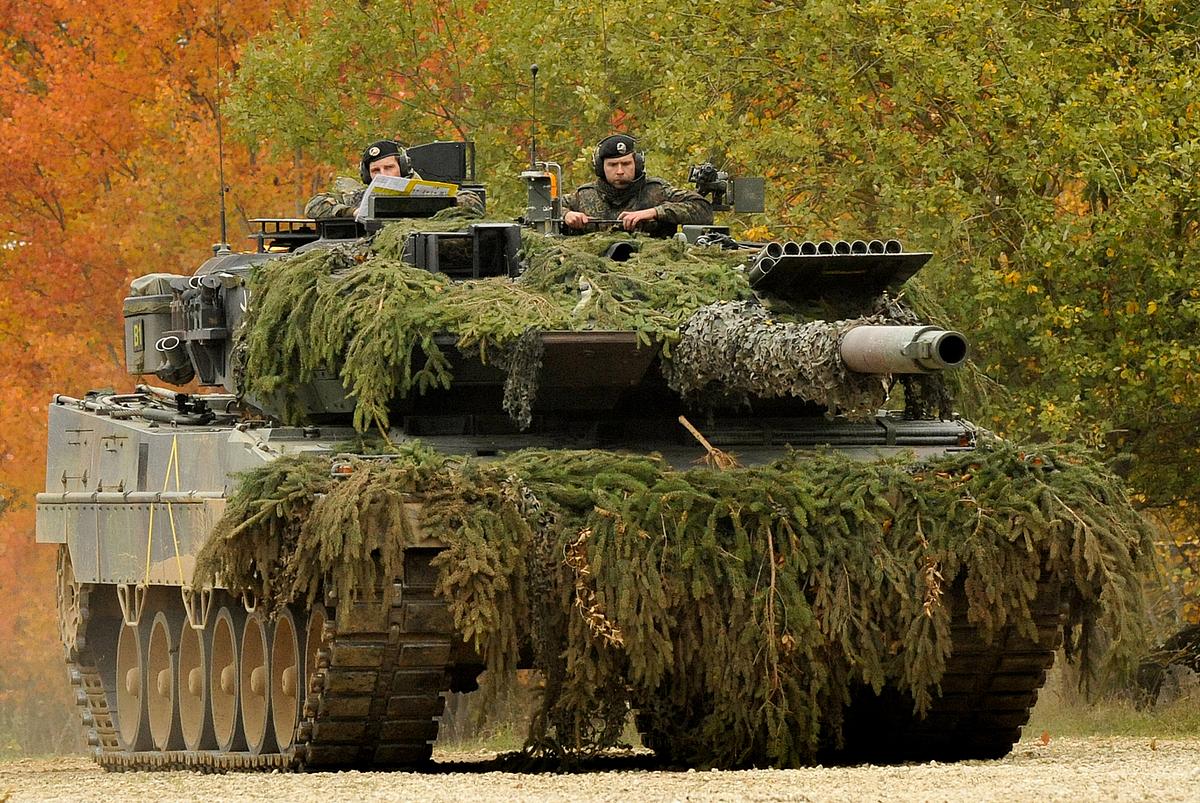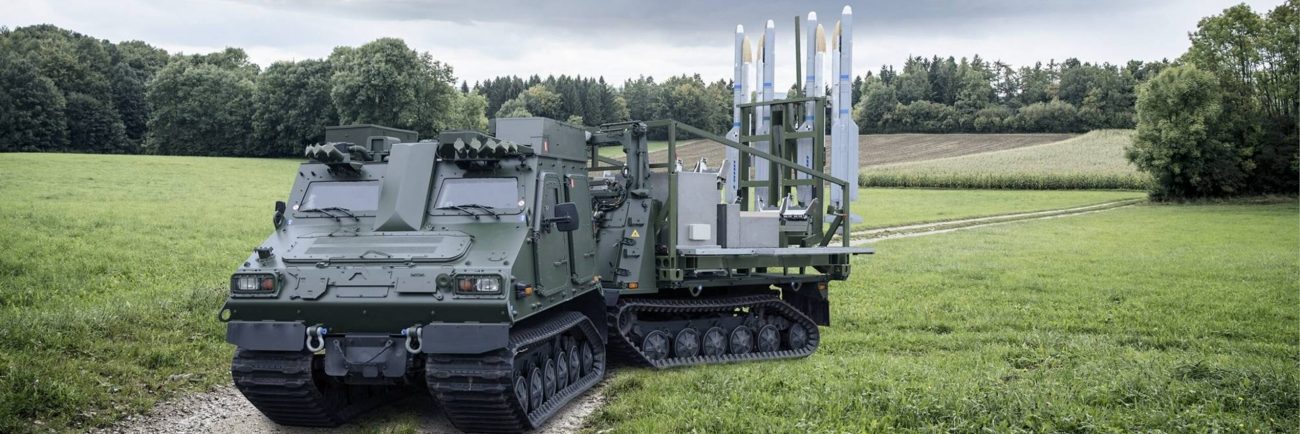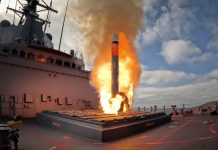While military assistance to Ukraine is depleting Germany’s ammunition reserves, a recent report by the German-language newspaper, Die Welt, suggests the slowdown in component imports from China could worsen the issue.
Fortress On Wheels: Russia Flaunts Its Heavy-Duty Armored Train Used For Critical Military Missions In Ukraine
The report said that German ammunition manufacturers recently warned about the waiting period for orders of cotton linters from China — a crucial component for propelling charges for small guns and artillery — has tripled to up to nine months.
German ammunition makers flagged this information at a recent defense symposium near Munich. The German government hosted a roundtable discussion with ammunition manufacturers on November 28; however, no specific outcomes were made public.
Industry sources said that all European ammunition producers depend on China for cotton linters, even though it is a commodity produced and traded globally.
Wolfgang Hellmich, the defense affairs speaker for the in-power Social Democratic Party (SPD) in parliament, told Asia Nikkei that the significant supply shortages of China-sourced materials for military equipment are particularly problematic for ammunition and specific steels.
He said that at the roundtable on ammunition, the officials addressed how to swiftly alleviate bottlenecks in the supply of ammunition and that all parties were working nonstop to find ways to avoid significant inventory gaps.
The management of the German ammunition manufacturer MEN Metallwerk Elisenhuette reportedly chastised the government for being slower than other European nations to place orders with the defense industry.

The Bundeswehr, the German military, has realized that its stocks would be utterly insufficient for such high-intensity conflict in the wake of Russia’s daily artillery shelling of tens of thousands of rounds into Ukraine.
After Russia invaded Ukraine, the SPD-led administration of Chancellor Olaf Scholz set up a special 100 billion euro ($106 billion) budget to modernize its under-equipped armed forces.
The administration is in a dilemma because Germany is simultaneously providing ammunition to Ukraine’s military, including ammo for machine guns, anti-aircraft guns, and multiple rocket launchers.
Henning Otte, a member of the opposition Christian Democratic Union (CDU) and the deputy chair of the Bundestag’s defense committee, claimed that the reliance on China is causing difficulties in the stockpiling effort.
The US defense firms also employ rare earth, raw materials, and components from China.
Timothy Heath, a senior international defense researcher at RAND Corporation, said that “this reflects the globalized nature of production. Department of Defense policymakers are trying to persuade the companies to reduce or eliminate their reliance on Chinese suppliers.”
German Ammo Stocks Are Running Low
Germany is running out of ammunition as it transfers armaments into Ukraine in light of the prolonged conflict. Germany is far from meeting the alliance’s requirement that each member keeps enough weapons to last 30 days of battle.
Furthermore, Berlin’s need for weapons has increased due to the federal government providing Ukraine with weapons from the Bundeswehr stockpile.
Eva Hoegl, the defense commissioner for the German Parliament, previously stated that her nation needs an extra 20 billion euros ($19.4 billion) to buy enough munitions to satisfy NATO criteria.
Germany continues to supply Ukraine with weapons, making it one of the biggest European supporters of Kyiv. The high-value equipment transferred to Ukraine includes self-propelled howitzers, multiple-launch rocket systems, anti-aircraft systems, and counter-battery radar.
Previously, German Chancellor Olaf Scholz said, “We delivered whatever we had: anti-tank and anti-aircraft systems, mines, guns, tons of ammunition, and non-lethal aid. Since then, we’ve progressed to more intricate and valuable systems.”

Officials from Europe declared that Russia could not be allowed to win in Ukraine and that they would continue to help Ukraine. However, they all expressed concern about domestic defense requirements.
The war has put a burden on the NATO nations’ already-dwindling arsenals. Some allies sent all their reserve Soviet-era weapons and are awaiting replacements from the US.
Furthermore, European nations may find it challenging to replenish their arsenal quickly since they no longer have a robust defense industry to produce replacements. Instead, many of them depend on the American defense industry.
Nevertheless, according to experts, it will take time to replenish stocks and recover the ability to produce weapons. The whole process might necessitate greater infrastructure investment in some small nations.
- Contact the author at ashishmichel(at)gmail.com
- Follow EurAsian Times on Google News




